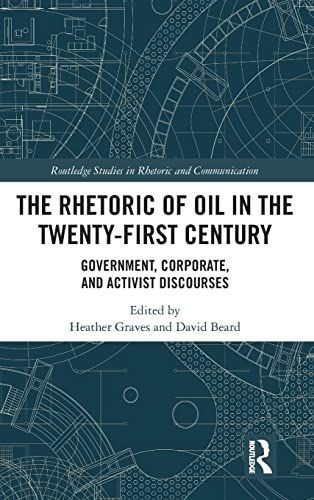
The Rhetoric of Oil in the Twenty-First Century Government, Corporate, and Activist Discourses
This book examines mass communication and civic participation in the age of oil, analyzing the rhetorical and discursive ways that governments and corporations shape public opinion and public policy and activists attempt to reframe public debates to resist corporate framing. In the twenty-first century, oil has become a subject of civic deliberation. Environmental concerns have intensified, questions of indigenous rights have arisen, and private and public investment in energy companies has become open to deliberation. International contributors use local events as a starting point to explore larger issues associated with oil-dependent societies and cultures. This interdisciplinary collection synthesizes work in the energy humanities, rhetorical studies and environmental studies to analyze the global discourse of oil from the start of the twentieth century into the era of transnational corporations of the 21st century. This book will be a vital text for scholars in communication studies, the energy humanities and in environmental studies. Case studies are framed accessibly, and the theoretical lenses are accessible across disciplines, making it ideal for a post-graduate and advanced undergraduate audience in these fields.